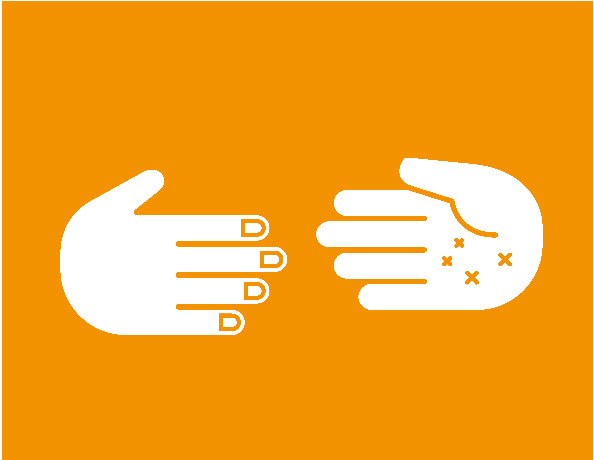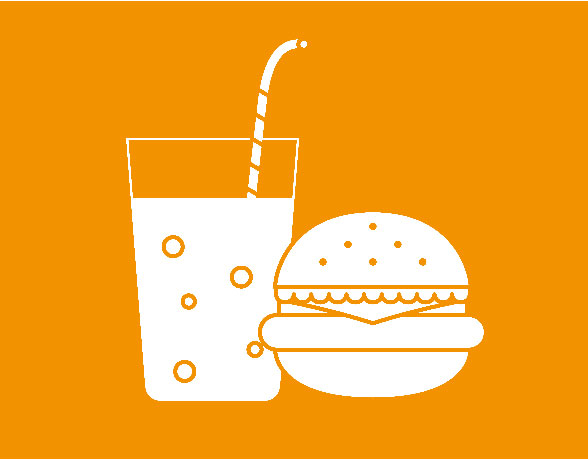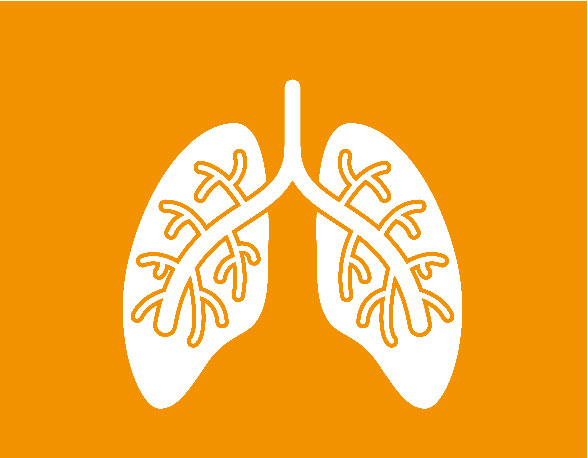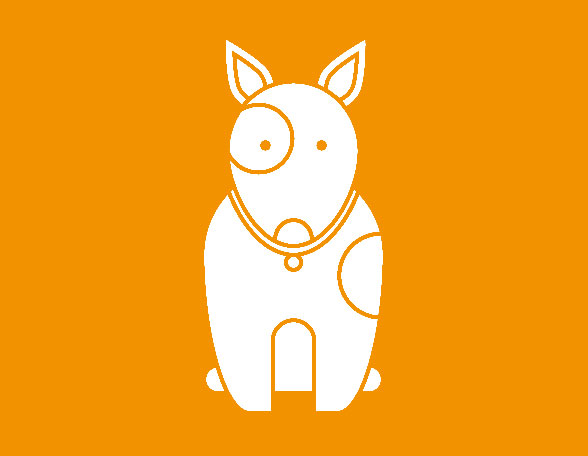
What are germs?
The medical term for germs is: microorganisms. Tiny microorganisms are all around us but are invisible to the human eye. Most germs do not cause harm but some can make you sick.
Where can you find germs?
Germs can be found:
- In dirt
- In water
- In your kitchen
- On your skin
- Inside your body
- On your toothbrush
- TV remote control
- Bathrooms and toilets
- In your rubbish bin
- On dish cloths
- On door handles
- Soap dispensers
- Cell phone
- Public transport
Not everybody will get sick from germs. Our bodies can fight against most germs but some do find a way to get in or onto your body and this causes us to not feel well.
Here are some ways germs can spread:

- Touching:
Germs can spread by touching a surface that has germs, then touching your eyes, nose, mouth, a cut or other openings in the body. Germs also live in body fluids such as mucus, pus and poo.

- Eating and drinking:
Germs live in old/dirty food and dirty water. Unwashed fruits, vegetables and foods that are not properly cooked can make you ill.

- Breathing:
You can get sick by breathing in germs when someone coughs, sneezes or talks.

- Getting bitten:
All wild animals, pets and small animals eg. Bats and insects have germs in their mouths which can cause you to feel ill and become sick.
Ref: J&J internal data

